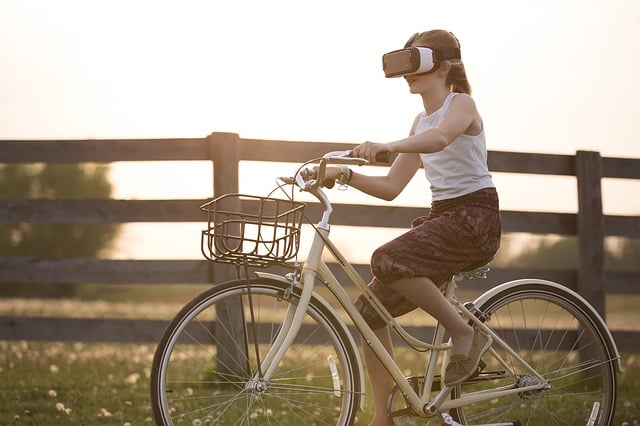
A person's daily life constitutes their reality.
Reality is what happens in a true or certain way , as opposed to what belongs to the realm of fantasy , imagination or illusion. The real, therefore, is what actually exists .
For example: «You cannot live on dreams, you have to accept reality and act accordingly» , «Despite the statements of officials, reality shows that the economy has fallen in recent months» , «Our reality is very different to that of our grandparents .
Reality according to philosophy
The definition of reality is a philosophical problem . Determining what is real and what is not has been the subject of analysis and debate throughout human history . It cannot be said that reality is made up only of material things, since emotions and feelings are also "real" . In the same way, fantasy could be considered part of reality as there are people who develop it.
The concept of God is also linked to the idea of reality: Is God real, even if there is no empirical way to demonstrate his existence? Science , in general, takes as real what can be presented to experience.
For neopositivism , a philosophical current of science also known as logical empiricism that emerged at the beginning of the 20th century, only what exists is real, which is why it is necessary that it can be quantified, that is, be individual, either as part of a system or as an independent element. This position, however, could not be sustained after the difficulties that the neopositivists encountered, such as logical paradoxes and the attempt to isolate the elements that constitute matter.
The vision of Lacan and Zubiri
Jacques Lacan, famous French psychoanalyst and psychiatrist of the 20th century, distinguished the real from reality: he understood the real as the set of things , regardless of whether people are capable of perceiving them; reality , on the other hand, was defined as things as we perceive them. In other words, for Lacan, reality is a phenomenon and our fantasies rely on it.
Another philosopher who dedicated his efforts to the study of this concept was the Spanish Xavier Zubiri, born at the end of the 19th century. For him, reality manifests itself before us and we know it in the apprehension of reality , that is, it is constantly updated.

Augmented reality seeks to integrate the physical world and virtuality.
The everyday reality
In everyday language, reality is usually understood as the set of factors and situations that a person experiences daily. In this sense, the reality of a person includes being born in country X , having a family Y , working in a company M , etc. At a social level, the media are supposed to report what is happening in reality, although the vision they present is always influenced by various interests and subjectivity.
In this sense, it is possible to use the term reality as a synonym for " life ." For example, if a person claims that their reality weighs heavily on them, it may mean that a series of events that are taking place in the present and, perhaps, certain issues such as past traumas are very difficult for them to overcome, preventing them from moving forward. and enjoy.
The incorporation of virtual elements
Augmented reality , on the other hand, is the process that adds virtual elements to an image of reality captured through a camera, to give the sensation that both worlds coexist. It is a technique with great potential in several areas, such as entertainment, communication and development.
In video games, for example, it allows you to add characters and objects with which to interact to a filming in real time , so that they appear in the user's home, and make them feel that they are really there.
